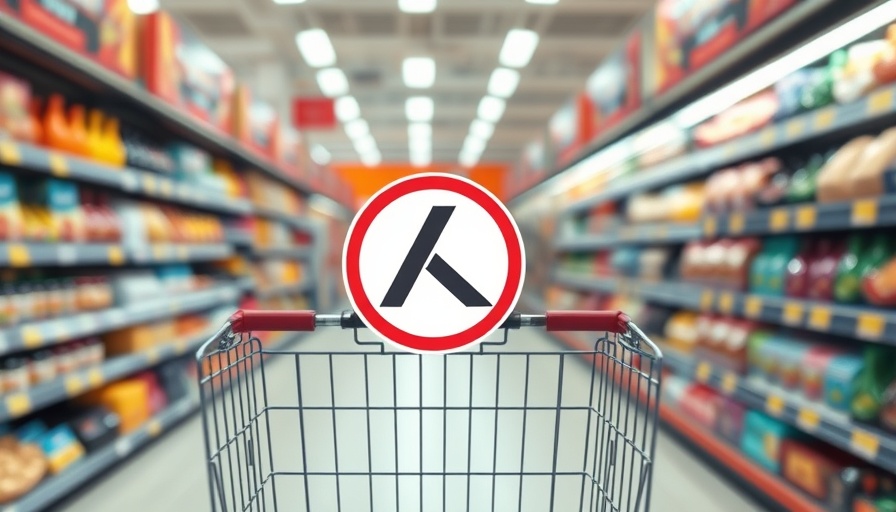
Understanding the Latest Food Recalls: What's Happening This Week?
In the world of food safety, staying informed is crucial for maintaining health standards in our homes. Just this week, significant food recalls have made headlines, raising questions about the quality and safety of our groceries. From brown eggs to frozen shrimp, various products have been pulled from the shelves, highlighting the importance of consumer vigilance.
Brown Eggs: A Closer Look at the Recall
One of the major items recalled this week is a specific batch of brown eggs due to potential salmonella contamination. Salmonella is a harmful bacteria that can cause serious illness, leading to symptoms like fever, diarrhea, and abdominal cramps. Awareness of this recall and proper precautions, such as checking for recall notices and proper cooking techniques, is essential to ensure the safety of your meals.
Frozen Shrimp: Details Behind the Recall
Another alarming recall involves certain brands of frozen shrimp. These products, linked to bacterial contamination, raised concerns just as the public was stocking up for summer barbecues and family gatherings. Reports indicate that consumers should inspect their freezers for these affected shrimp brands and consider disposing of any contaminated items. This situation reminds us of the importance of being proactive about food safety, especially during peak meal preparation times.
The Importance of Consumer Awareness
In our fast-paced world, it’s easy to overlook recalls, especially when they don't affect a large number of people. However, being alert to food recalls is fundamental for protecting your health and that of your family. Resources like the FDA and local health departments regularly update their lists of recalls, making it easy for consumers to stay informed. Utilizing free apps or signing up for alerts might be a simple yet effective way to get notifications directly to your mobile device.
Common Misconceptions About Food Safety and Recalls
One common misconception is that food recalls are rare and only affect unreputable brands. In reality, even well-known establishments can fall victim to contamination issues. Furthermore, many recalls go unnoticed by consumers, emphasizing the need for better public awareness. Many people might continue using products that have been recalled simply because they don’t check or have not heard of the recall.
How to Safely Dispose of Contaminated Foods
If you find that you do have a recalled product, it’s essential to handle it appropriately. First, avoid consuming the product entirely. You can dispose of it in a sealed bag to prevent access by pets or wildlife, and ensure you wash your hands thoroughly afterward. Being mindful about food safety extends beyond recalls; it’s about making healthy and informed choices every day.
Maintaining Health and Safety at Home
One of the best ways to stay healthy at home is to make a habit of checking local produce and product recalls. Alongside being mindful of expiration dates, always cultivate a habit of continuous education around food safety. For instance, remembering to wash fruits and vegetables properly and cooking eggs thoroughly can significantly reduce foodborne illnesses. Sharing this information with family and friends amplifies awareness and promotes a collective commitment to food safety.
Final Thoughts: Stay Informed, Stay Healthy
The food recalls of brown eggs, frozen shrimp, and other products are more than just news items; they are a call to action for consumers to prioritize their health. By staying aware and proactive concerning food safety, you are taking positive steps toward a healthier lifestyle. Your health and that of your loved ones is paramount, and making informed decisions about your food can have a significant impact.
To keep yourself updated on food recalls and safety practices, consider subscribing to local health department updates or apps that provide important alerts. All of this information is vital for ensuring that what’s on your plate is not just delicious but also safe.
 Add Row
Add Row  Add
Add 




 Add Row
Add Row  Add
Add 

Write A Comment